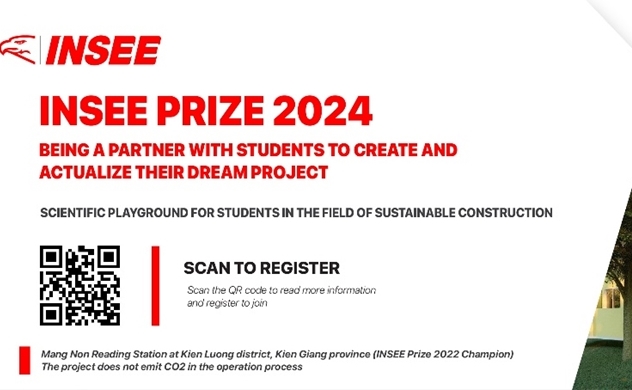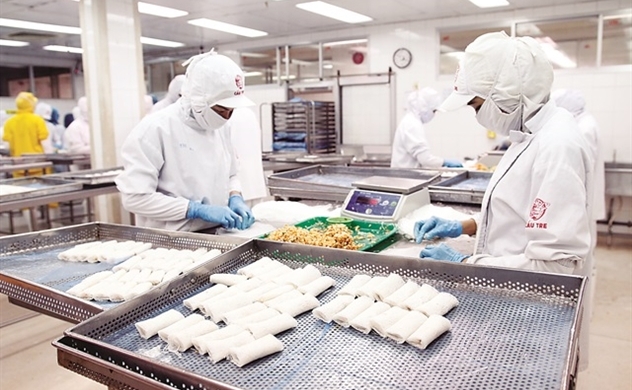Sustainable real estate development vital for market health
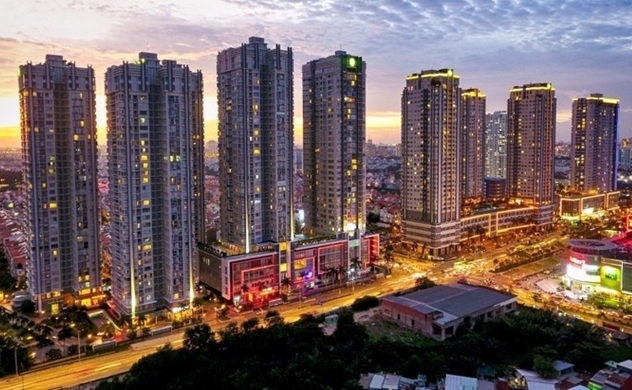
Sunrise City, a project developed by Novaland Group in District 7, Ho Chi Minh City. Photo courtesy of VietnamBiz.
"The resort and high-end apartment segments should be limited due to low demand and high inventory," he noted. AFA is an organization specializing in training governance, financial and auditing professionals.
Phan said for a developing country like Vietnam, the real estate market is the backbone. If the market develops in a sustainable way, all players will “live well”.
"Now, the Vietnamese government’s policies are facilitating real value-creating segments, reducing consequences to the economy, increasing value-creating ability, and supporting investment attraction," he added.
A Vietnam Association of Realtors (VARS) report shows that from the beginning of 2022 to the end of Q1/2023, there was a "thirst" for supplies, especially affordable housing.
In 2022, about 48,500 properties were put on the market, just over 20% of the supply in 2018 - the year before the Covid-19 pandemic broke out. Most of them were high-end, expensive products.
In Q1/2023, the supply reached about 25,000, mainly inventory from previously launched projects, with a lack of options from new projects.
Demand dropped sharply as properties, mainly from existing projects, were unable to attract customers, while high deposit interest rates attracted idle money into the banking system.
“Poor supply, weak cash flow and shrinking buyer confidence caused real estate transactions in 2022 and Q1/2023 plunge,” said VARS.
The absorption rate of the whole market in 2022 reached about 39%, equivalent to 19,000 transactions, only meeting 17% of the 2018 transaction volume. The respective figures in Q1/2023 were 11% and 2,700 transactions, down 50% year-on-year.
According to VARS, property developers and investors had been in a state of "stagnation" for a long time.
"Since the beginning of 2022, the government has thrown lifelines to save the real estate market and businesses. But these lifelines have yet to drag businesses out of rough seas", the association stated, adding that without timely solutions, they will definitely "drown".
According to Bloomberg, Vietnamese builders have suspended more than 1,200 real estate projects worth VND800 trillion ($34 billion) as funding woes continue to beset the industry.
“A huge resource has been frozen and we don’t know how long it will last,” it cited the Vietnam Real Estate Association as saying. “These halted projects are not creating added value for society, leading to multiple consequences.”
Each of Vietnam’s 63 provinces and cities had suspended 20 projects on average, the Hanoi-based real estate association said. Notably, about 400 projects in Hanoi are on hold, while the number in Ho Chi Minh City is more than 300.
The property crisis, triggered by builders taking in too much debt, the Covid-19 pandemic that dampened demand, and a government crackdown on corruption, has affected more than 1,800 builders and forced 340 other companies into insolvency in Q1/2023, according to the construction ministry.
Data from Vietnam’s General Statistics Office showed that in the first five months of 2023, 554 real estate enterprises were dissolved, a year-on-year increase of 30.4%. The number of newly established enterprises in this sector plunged 61.4% over the same period to only 1,744.
The construction industry welcomed 6,745 new enterprises, down 5.7% year-on-year, but 581 firms dissolved, up 2.8%.
Source: The Investor
Same category news
Latest news
-
Huyen Hoang

 TIẾNG VIỆT
TIẾNG VIỆT 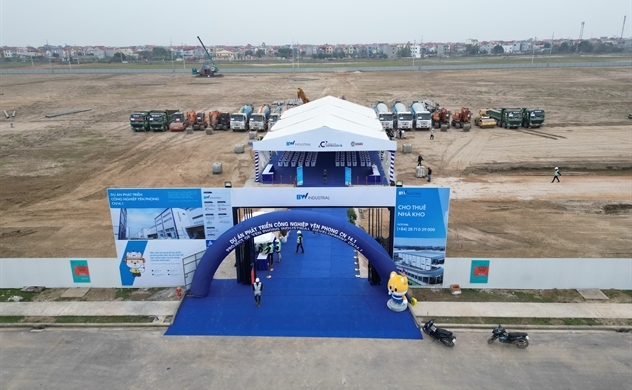
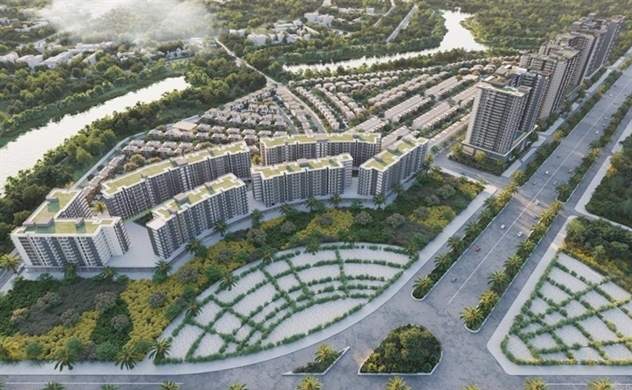
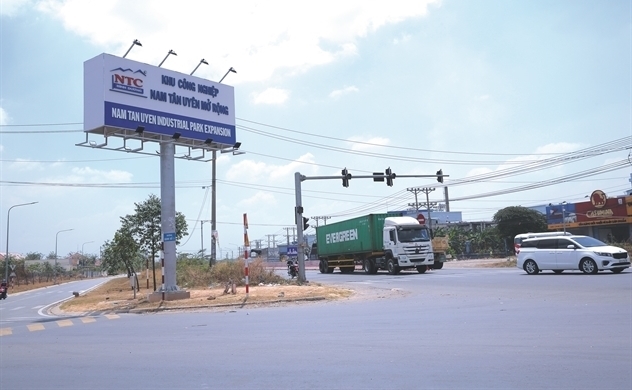
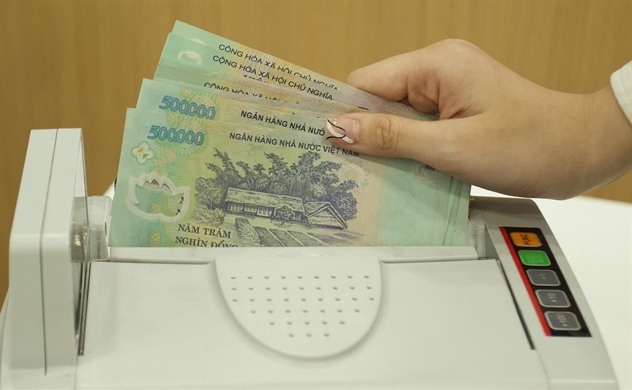
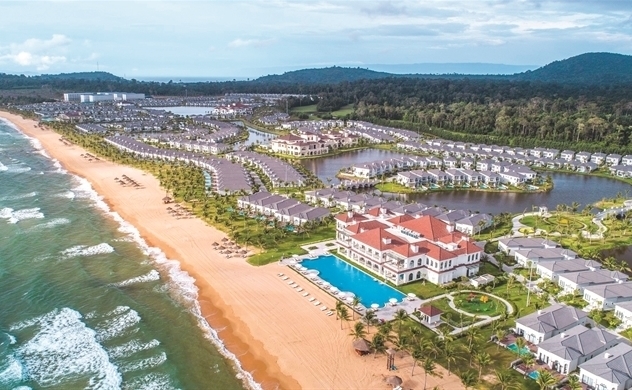
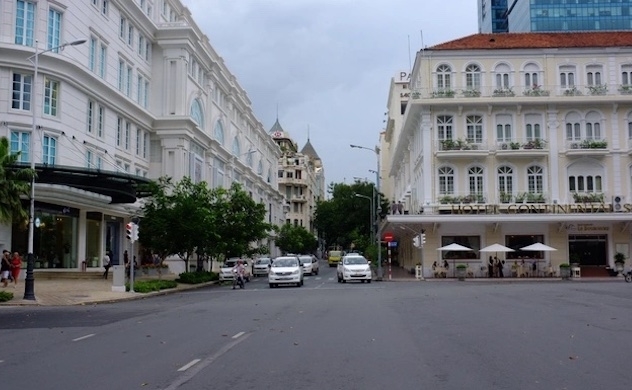



_291615658.jpg)
